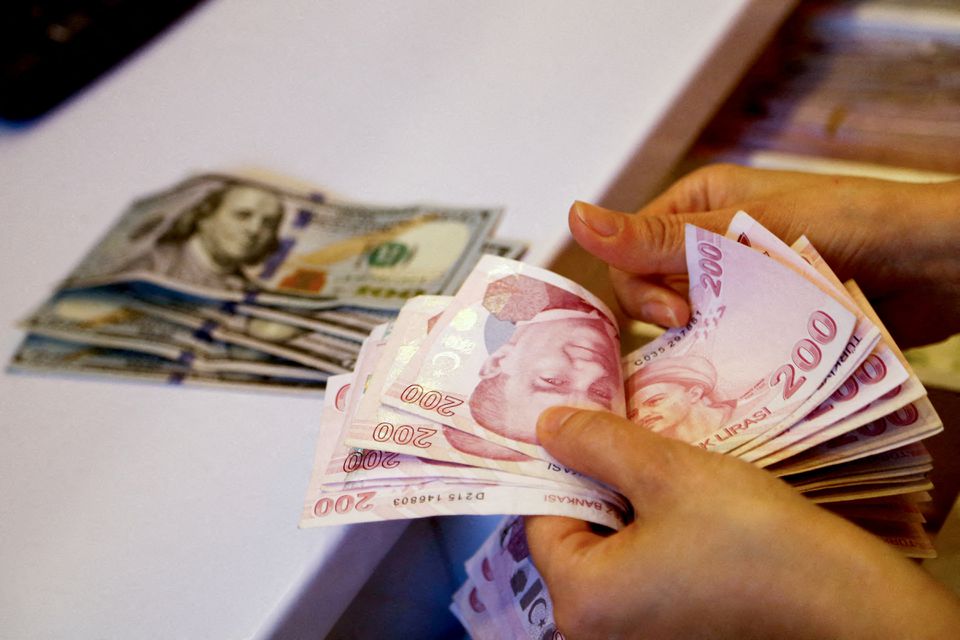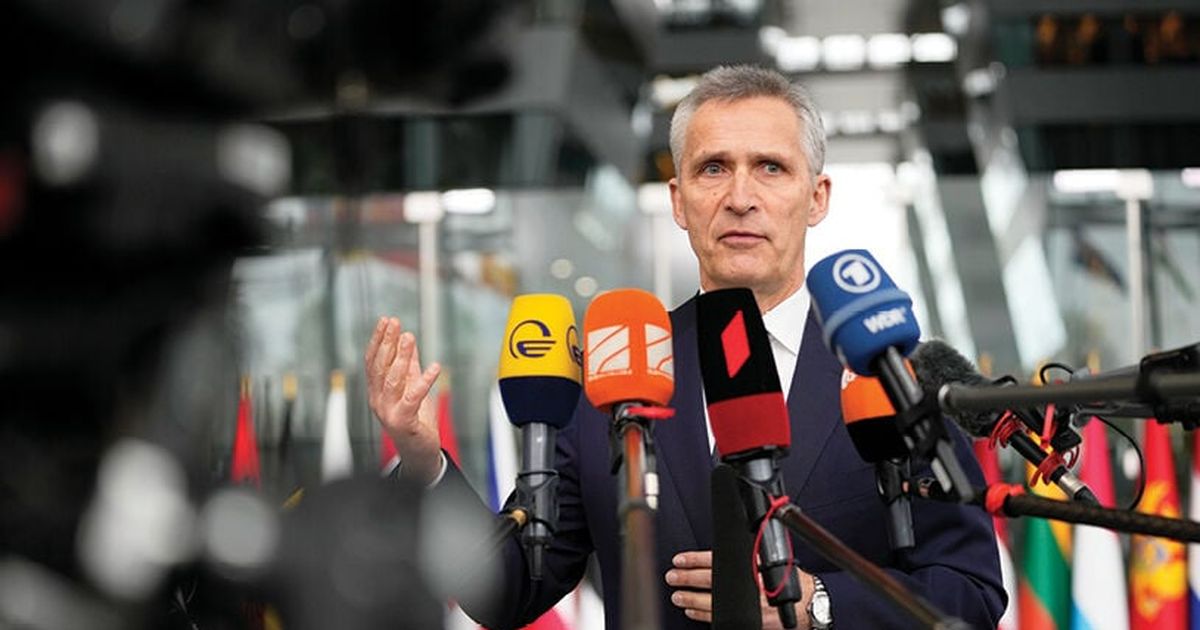Greece, Turkey target migrant smugglers to revive ties
In another effort to turn the page in their troubled bilateral ties, Greece and Turkey are expected to take a first step at a high-level meeting in Athens on Thursday with a new agreement to tackle migrant smuggling.
According to local media, Turkish President Recep Tayyip Erdogan and Greek Prime Minister Kyriakos Mitsotakis are expected to sign more than 20 agreements focusing on the so-called “soft politics” issues as part of an ongoing “rapprochement” dialogue.
The most important deal is considered the one related to migration: According to government sources in Athens, the core of the agreement will be the formation of two working groups, one Turkish and one Greek, which will be made up of executives from co-competent ministries and agencies.
The teams will work closely together and exchange information in real-time on the movements of smugglers of illegal immigrants in Evros (north-east Greece) and the eastern Aegean Sea.
Moreover, two members of the Coast Guards, one Greek and one Turkish, will be stationed respectively in Izmir (coastal Turkey) and on a Greek island to be agreed upon.
Reviving the 2016 EU-Turkey deal?
Athens hopes that this agreement will help revive a 2016 EU-Turkey migration deal, according to which Ankara committed to taking measures to stop people travelling irregularly from Turkey to the Greek islands.
In addition, anyone who arrives on the Greek islands irregularly from Turkey could be returned there.
A report on the state of play between EU-Turkey relations released last week showed that collaboration against migration smugglers and increasing returns of irregular migrants to Turkey must improve.
The report noted that Turkey remains an important transit country for irregular arrivals into the EU via the Western Balkans and Eastern Mediterranean routes, with a 34% increase in the first ten months of 2023 compared to the same period in 2022.
The report explained that there was an “acute surge” of irregular arrivals to the Greek islands, where the figures “more than tripled” (237%).
The new EU migration deal currently under negotiations between member states suggests that deals with third countries for returns must be stepped up.
However, the EU report acknowledges that with Turkey, the pace of returns has been slow since 2016 and called on Ankara to stick to its commitments.
(Sarantis Michalopoulos | Euractiv.com)





